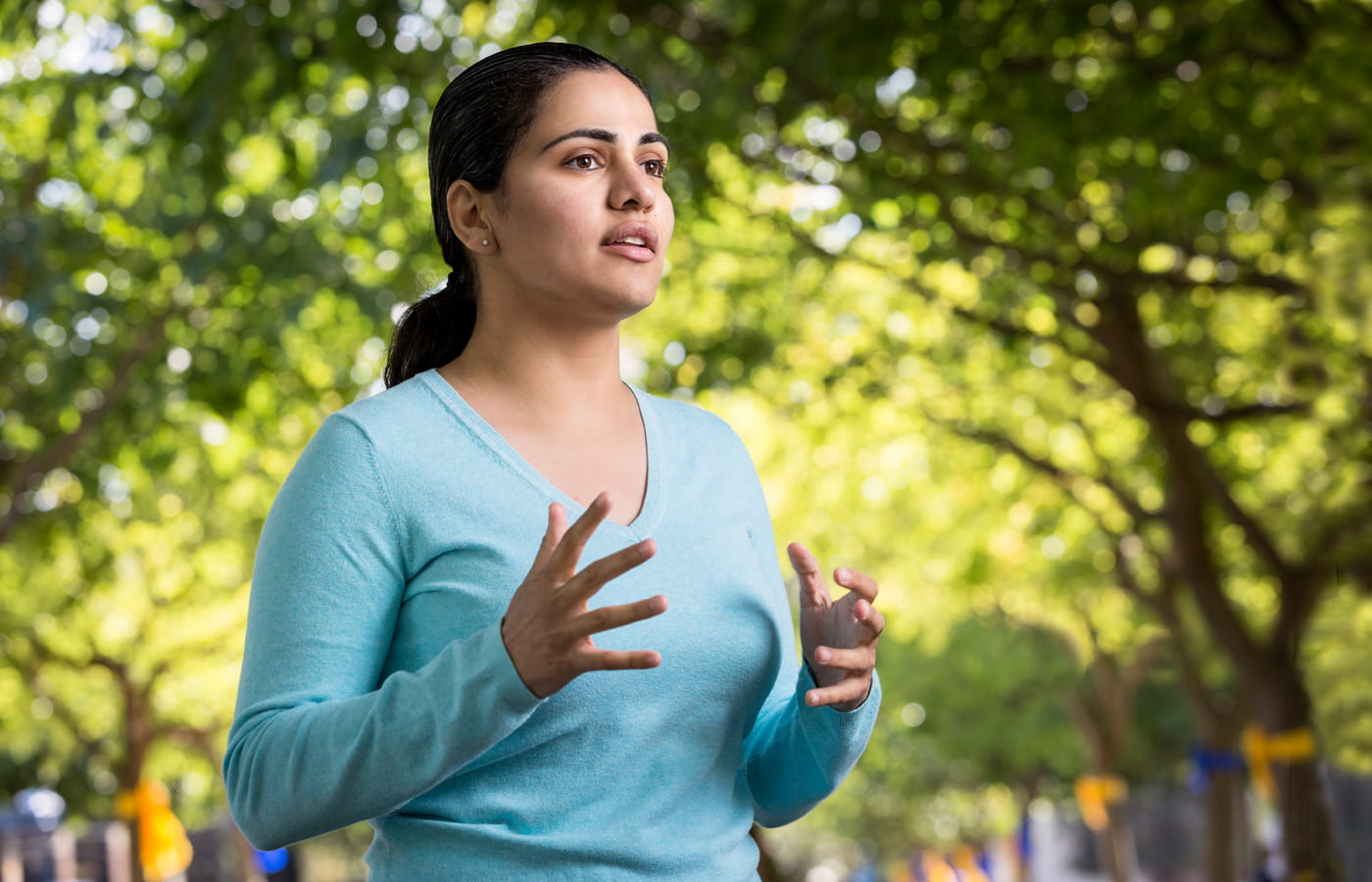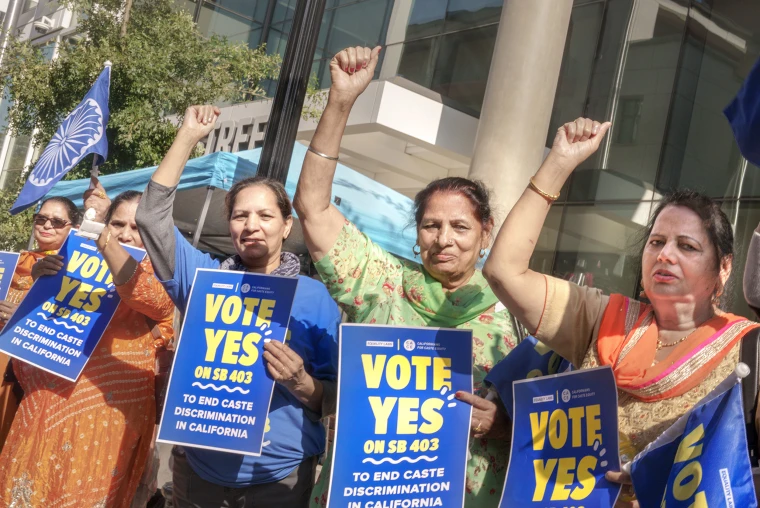California Governor Gavin Newsom vetoed a recently passed bill aimed at explicitly prohibiting caste discrimination, deeming it "unnecessary." The legislation held particular significance for individuals of Hindu and South Asian heritage, DW reports.

In a letter addressed to California state lawmakers, Newsom justified his decision, stating that "because discrimination based on caste is already prohibited under these existing categories, this bill is unnecessary. For this reason, I cannot sign this bill," Newsom said in a letter to California state lawmakers posted on the website of the governor's office.
Newsom's veto represents a setback for activists in the United States who have been advocating for a clear ban on caste discrimination.
The bill, officially known as Senate Bill 403 or SB 403, was introduced and authored by Democratic State Senator Aisha Wahab, an Afghan-American. The legislation underwent revisions, with the final version listing caste under the category of "ancestry" rather than as a distinct classification. It garnered near-unanimous support in both the State Assembly in August and the State Senate in early September.

Critics of the bill in California argue that existing U.S. laws already prohibit discrimination based on ancestry, and a targeted bill could stigmatize the entire community, primarily Hindus and South Asians, unfairly.
In recent years, the United States and Canada, both home to significant populations of South Asian descent, have witnessed a growing movement to combat caste-based prejudice. Seattle became the first U.S. city to outlaw caste discrimination in 2023, followed by Fresno, which also banned the practice. Toronto's school board recognized caste discrimination in the city's schools, marking progress in addressing the issue in Canada.

Despite the veto, advocates of the bill remain determined. Thenmozhi Soundararajan, executive director of Equality Labs, an Oakland-based Dalit rights group, views the moment as a victory for raising awareness about caste discrimination in the United States. She emphasized that although they grieve the veto, they are not defeated.
A United Nations report from 2016 revealed that at least 250mn people across the world still experience caste discrimination in regions such as Asia, Africa, the Middle East, and the Pacific. This practice is prevalent among Buddhist, Christian, Hindu, Jain, Muslim, and Sikh communities.
Follow Daryo's official Instagram and Twitter pages to keep current on world news.
Comments (0)